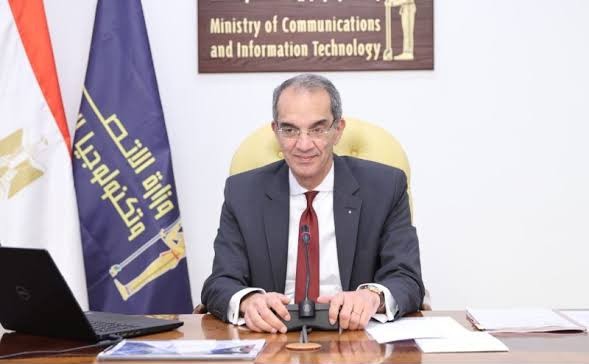Egypt has launched its largest-ever technology competition, Digitopia, attracting over 25,000 contestants and 6,500 teams from across the country to compete in artificial intelligence, gaming, software, digital arts, and cybersecurity.
The competition, which began in August 2025, offers 10 million Egyptian pounds ($210,000) in total prizes, with winners in each track standing a chance to earn up to 1 million pounds ($21,000).
Officials say the initiative aims to showcase Egypt’s growing digital talent pool while preparing youth for global opportunities.
“Digitopia is more than a contest; it is a platform for innovation that equips young Egyptians with the tools to transform society,” said a spokesperson from the Ministry of Communications and Information Technology (MCIT).
What is Digitopia?
Digitopia is a national technology competition launched by Egypt’s Ministry of Communications and Information Technology (MCIT) and supervised by the Information Technology Industry Development Agency (ITIDA), the National Telecommunications Institute (NTI), the Information Technology Institute (ITI), and the Egypt University of Informatics (EUI).
It is being positioned as the country’s flagship event in the ICT sector, designed to stimulate innovation while driving digital solutions to Egypt’s social and economic challenges.
Who can participate?
The competition is open to Egyptians aged 10 to 35, ranging from school students to university graduates, entrepreneurs, and startup founders.
Contestants are required to submit fully developed projects or prototypes that address real-world issues.
More than 90 experts in digital technologies and innovation have been enlisted as judges to evaluate projects across three tracks: software and AI solutions, gaming and digital arts, and cybersecurity.
Benefits for participants
While the prize money is significant, participants also gain access to mentorship and training with both global and local technology firms.
International partners include UNDP, Huawei Egypt, Cisco Egypt, and major telecom operators such as Vodafone Egypt, Orange Egypt, Telecom Egypt, and e& Egypt.
Local organizations like Next Era Education, WE Innovate, Eyouth, ICT Misr, and YAT Learning Centers are also offering support.
“This is not just about winning a prize,” noted one of the competition organizers. “It’s about providing young people with the tools, networks, and opportunities to succeed in the global digital economy.”
Who is funding Digitopia?
The 10 million Egyptian pounds ($210,000) in prize money is largely funded by the Egyptian government through MCIT, with substantial backing from private sector partners in the telecom and technology industries.
Multinational players such as Huawei, Cisco, and UNDP are not only financial contributors but also providers of in-kind support, including mentorship, software tools, and training sessions.
Egypt’s leading telecom firms, Vodafone, Orange, Telecom Egypt are investing in the program as part of their corporate social responsibility (CSR) strategies and their interest in expanding Egypt’s digital economy.
By pooling resources from both public and private institutions, Digitopia represents one of the strongest examples of a public-private partnership (PPP) in Egypt’s technology sector to date.
What this means
Digitopia signals Egypt’s growing determination to position itself as a regional leader in technology and innovation. By drawing tens of thousands of contestants from across the country, the initiative not only highlights the depth of Egypt’s young talent pool but also gives participants a direct pathway into the digital economy.
Analysts are of the opinion that such competitions could significantly reduce Egypt’s digital skills gap, which has long been cited as a barrier to its ICT sector growth.
At a global level, the initiative aligns with Egypt’s Vision 2030 strategy, which prioritizes digital transformation and innovation as drivers of economic development.
Experts note that projects developed during Digitopia could spark startups, boost local entrepreneurship, and even attract international investment.
“Competitions like this are catalysts,” said an ICT development professional. “They prepare young innovators not just to compete locally, but to compete on a global stage where Egypt can emerge as a key player in Africa’s digital future.”
Talking Points
Egypt’s launch of Digitopia is more than just a national competition, it is a sign of Africa’s accelerating digital transformation and the continent’s ambition to claim a bigger stake in the global technology arena.
By mobilizing over 25,000 young minds and integrating public-private partnerships with global tech giants, Egypt is building both talent pipelines and innovation ecosystems that many African nations urgently need.
This approach not only addresses the continent’s digital skills gap but also creates opportunities for scalable solutions to social and economic challenges unique to Africa.
Its replications across other African countries, such programs could collectively position Africa as a future hub of digital leadership, where homegrown innovations drive development while competing on the world stage.





